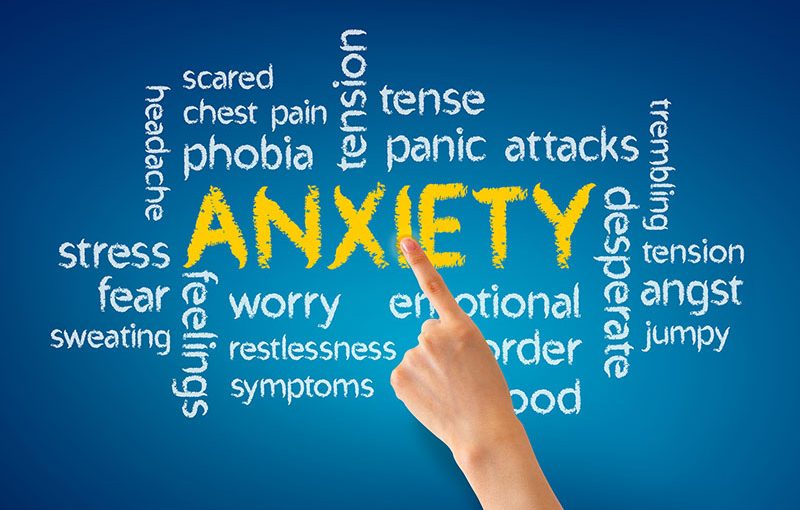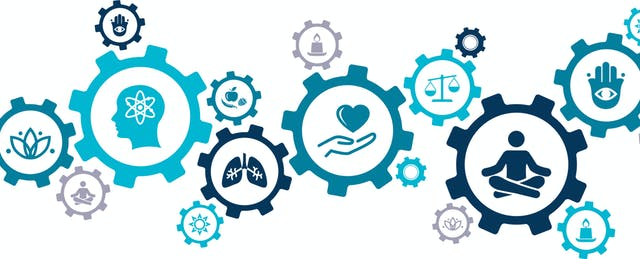Anxiety

Today’s Teaching is from Counselor, Bethany McGuire:
Anxiety and Coping Strategies
Anxiety:
- The most common mental illness in the US, affecting nearly 1/3 of adolescents and adults.
- Biological threat response – a natural reaction if:
- Proportional to context
- Time-limited
- Can become disruptive to life
- Irrational and/or out of proportion
- Situational avoidance
- Numbing/distraction (emotional avoidance)
- Panic attacks
- Often linked to depression
- Feeling hopeless/overwhelmed
- Feeling numb/empty
- Some possible signs of anxiety:
- Biological: Shortness of breath, digestive upset, tight muscles, headaches, heart racing, sleeplessness, hot or cold
- Psychological: Rumination, compulsive behaviors or thoughts, worry, phobias, avoidance of emotions/situations, intrusive memories
- Social: Withdrawal, inflexibility/control, people-pleasing
- Spiritual: Perfectionism, feeling ashamed/unworthy, discomfort with lack of control in life, legalism (e.g., trying to earn God’s approval)
Coping Strategies:
Biological –
- Exercise – helps raise serotonin levels in your brain, i.e. it makes you happier
- Limit/eliminate caffeine
- Limit alcohol
- Hydrate – plenty of water each day
- Get plenty of rest (8 hours of sleep whenever possible)
- Diet – eat healthy, unprocessed foods; avoid excess sugar
- Consider natural supplements such as magnesium, theanine (green tea), and GABA
- Some people benefit from medication for anxiety, though it is ideally not meant to be a long term solution
Psychological –
- Breathing
- Anxiety tends to create rapid breathing, not enough oxygen
- Deep, slow breathing can calm your body, including your brain
- Breathe with belly, not chest
- Inhale/pause/exhale longer than inhale (count if needed)
- Breathing exercises – Box Breathing/Mind Dump
- 5 to 1 Sensory Grounding exercise
- Progressive Muscle Relaxation
- Calm, Safe place exercise
- Gratitude practice
- Practicing mindfulness – internal and external awareness
- Become aware of automatic negative thoughts and begin to challenge those (Take your thoughts captive! 2 Cor. 10:5)
- Journaling or other creative/expressive outlets
- Leave space (margin) in your schedule – do not over-commit yourself
- Process any unresolved, past trauma with EMDR or other proven trauma therapies
Social –
- Be in community versus isolation
- Spend quality time with friends and loved ones
- Reach out to someone who can help
- Family member or friend
- Pastor or mentor
- Counselor
- Crisis Line (if in danger of hurting yourself) 1-800 -273-TALK
- Give yourself a break from social media regularly – Unplug!!
- Practice healthy communication and conflict resolution skills
Spiritual –
- Prayer (includes prayer journaling)
- Meditating on Scripture
- Examine any tendencies toward perfectionism or legalism
- Practice gratitude and giving grace to oneself and others
- Have a sabbath ritual – It’s ok to rest!
Cycle of Anxiety video: https://www.youtube.com/watch?v=-CAd9o9OlqM


